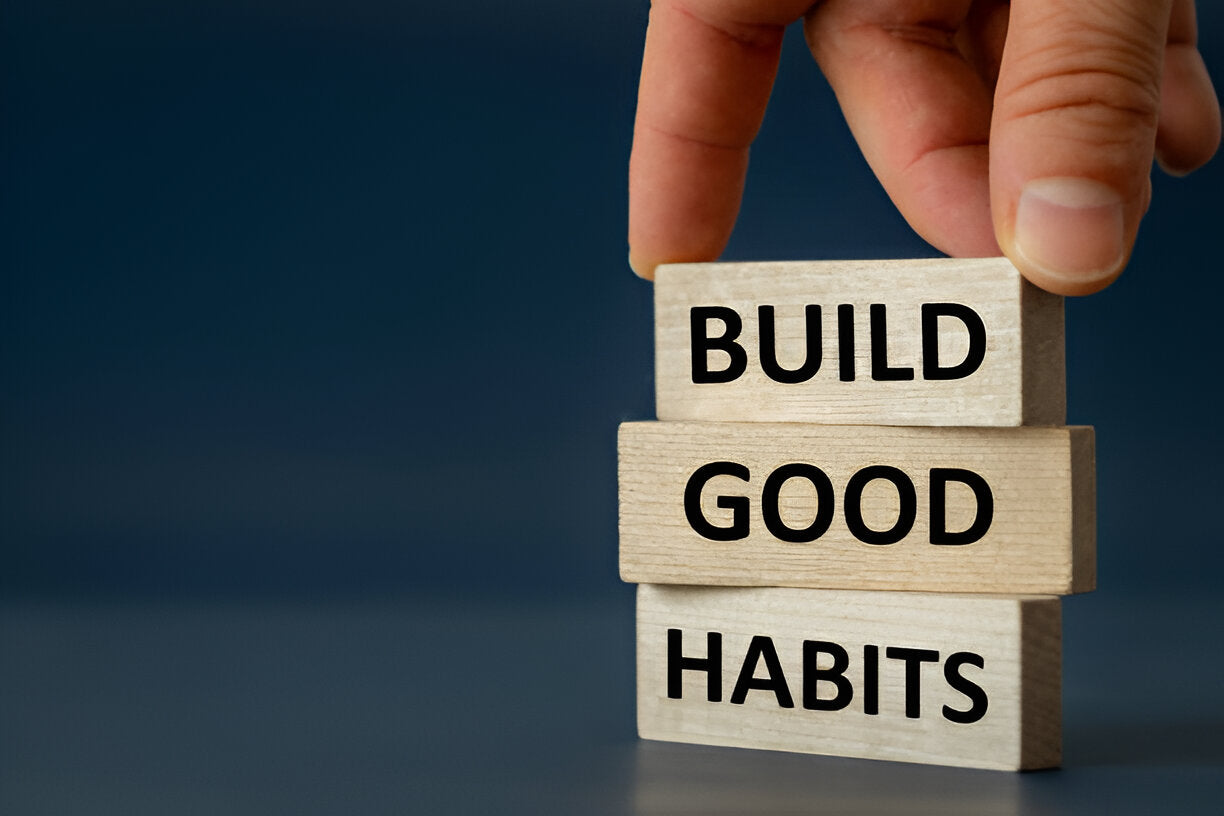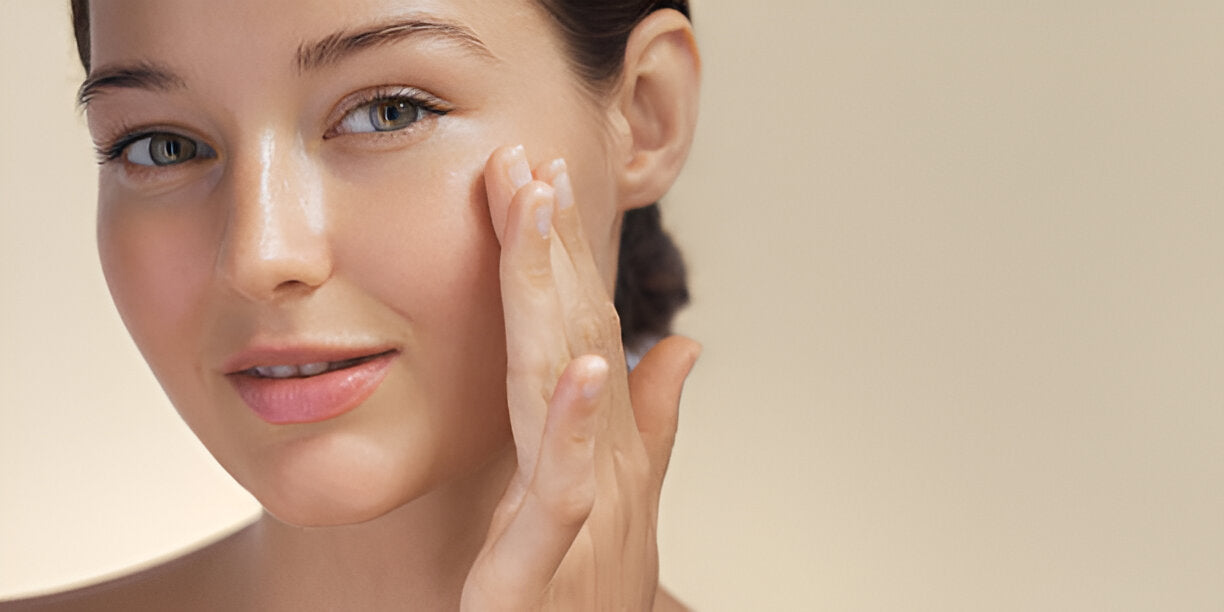
Transform Your Habits to Build Better Routines
Habits play a critical role in shaping our daily lives. They provide structure, reduce decision fatigue, and offer a sense of security—especially during stressful times. However, not all habits work in our favor. Over time, unproductive or even harmful routines can creep in, holding us back from reaching our full potential.
The good news? You have the power to break unhelpful patterns and replace them with healthier routines that align with your goals. While change may seem daunting, it's absolutely achievable with the right mindset, strategies, and tools. Let’s explore how to transform your habits and improve your overall well-being.
What Are Habits?
Habits are automatic behaviors or routines that require little conscious thought. They help conserve mental energy, allowing us to focus on more demanding tasks. For instance, brushing your teeth in the morning or instinctively checking your phone during downtime are examples of habitual behaviors.
While habits can provide structure, they can also trap us in unhelpful cycles. For example:
- Stress Eating: A stressful event triggers the consumption of sugary snacks, leading to a dopamine release and reinforcing the habit.
- Procrastination: Avoiding tasks provides temporary relief, but the long-term consequences often create more stress.
Recognizing the stimulus-response-reward pattern that underpins these behaviors is the first step toward breaking free from negative habits.
How Bad Habits Develop
Your brain doesn’t distinguish between good and bad habits—it simply strengthens behaviors that provide immediate rewards. This is why unhealthy patterns, such as binge-watching TV or eating junk food, become so ingrained.
Bad habits often stem from:
- Pleasure Seeking: Short-term gratification takes precedence over long-term goals.
- Stress Response: Quick fixes, like scrolling on your phone, offer temporary relief but can reinforce harmful routines.
- Reward Systems: Behaviors tied to dopamine release (e.g., eating chocolate during stress) are harder to change.
Breaking these cycles requires awareness and deliberate action to replace unhealthy routines with more beneficial ones.
Steps to Change Habits and Build Better Ones
1. Identify Your Triggers
To change a habit, you first need to understand what triggers it.
- Reflect: What situations, emotions, or environments precede the habit?
- Example: If snacking on junk food is a habit, the trigger might be boredom or emotional stress.
Understanding your triggers allows you to intervene and disrupt the cycle.
2. Replace, Don’t Eliminate
Instead of eliminating bad habits outright, focus on replacing them with healthier alternatives.
- Example: Swap sugary snacks for pre-cut veggies, nuts, or a refreshing herbal tea.
- Pro Tip: Keep healthy options readily available to make the replacement easier and more convenient.
3. Start Small with Micro Habits
Change doesn’t have to be drastic to be effective. Small, incremental changes build momentum over time.
- Example: If your goal is to exercise regularly, begin with 5 minutes of stretching or walking and gradually increase.
- Why It Works: Smaller goals feel less overwhelming, reducing resistance and increasing the likelihood of success.
4. Track Your Progress
Monitoring your habits keeps you accountable and reinforces positive changes.
- Use a habit tracker app or a simple journal to log your progress.
- Celebrate small wins to stay motivated and recognize how far you’ve come.
5. Be Patient and Persistent
Behavioral change takes time. Studies suggest it can take anywhere from 21 to 66 days to establish a new habit, depending on its complexity.
- Expect Setbacks: Slip-ups are part of the process. Use them as learning opportunities rather than reasons to quit.
- Focus on Progress: Aim for consistency rather than perfection.
Practical Tips for Everyday Habit Changes
1. Overcoming Cravings for Unhealthy Foods
- Action: Drink a glass of water before reaching for a snack—thirst is often mistaken for hunger.
- Alternative: Keep healthier options like fruit, nuts, or veggie sticks within reach.
2. Reducing Screen Time
- Action: Create phone-free zones in your home or turn off push notifications.
- Alternative: Dedicate specific times to check your phone and stick to them.
3. Exercising Regularly
- Action: Place your workout clothes or running shoes by your bed as a visual cue.
- Alternative: Partner with a friend or set calendar reminders for accountability.
Building Good Habits: The 1% Rule
Big transformations don’t require monumental efforts. The 1% Rule emphasizes small, consistent improvements that compound over time.
- Example 1: Add one portion of vegetables to your plate daily rather than revamping your entire diet overnight.
- Example 2: Begin with one short workout per week and gradually increase frequency.
By focusing on incremental progress, you’re less likely to feel overwhelmed, increasing your chances of success.
How to Stay on Track
Reconnect with Your “Why”
Why do you want to change this habit? Whether it’s improving your health, boosting productivity, or reducing stress, staying connected to your motivation keeps you focused.
Use Positive Reinforcement
Reward yourself for achieving milestones, but keep the rewards aligned with your goals (e.g., a relaxing bath instead of an indulgent dessert).
Anticipate Challenges
Prepare for setbacks by having a plan in place. If you slip up, reflect on the trigger and how you can respond differently next time.
Why Habits Matter for Wellness
Your habits influence every aspect of your well-being—from your physical health to your mental clarity. Incorporating Orthomol Vital F or Orthomol Vital M into your daily routine can support your journey by providing essential nutrients that promote energy, focus, and overall health. When your body feels its best, it’s easier to build and sustain positive habits.
The Bottom Line
Changing habits isn’t about perfection—it’s about progress. By understanding your triggers, setting realistic goals, and embracing small, consistent steps, you can replace unproductive routines with habits that support your health, happiness, and success.
Ready to make a change? Start small, stay consistent, and celebrate your wins along the way.
Have your own success story? Share it with us on Instagram at @Orthomol_USA and inspire others on their journey to better habits!




